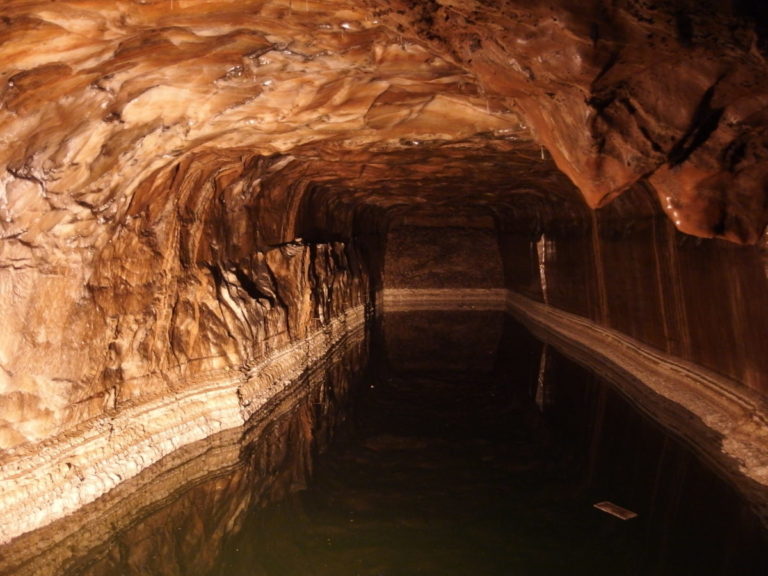EntX, an Adelaide-based tech company, has obtained permission to examine the potential to store hydrogen in underground salt caverns near the town of Elliston, Australia.
EntX’s newly granted Gas Storage Exploration Licence will allow it to start early exploration work on the Polda Basin salt deposits, which have been flagged by Australian Resources Minister Madeleine King as a potential storage location for hydrogen, following research from Geoscience Australia in 2022.
South Australia has the nation’s most up-to-date hydrogen exploration regulations, and that has led to something of a “gold hydrogen” rush in the state. These exploration regulations extend to hydrogen storage in underground salt caverns – a pathway that has a global foothold.
Salt deposits form naturally underground, and are increasingly being used to store hydrogen gas because of their low permeability which can trap the notoriously difficult hydrogen molecule. In the Netherlands and the United States, massive salt cavern hydrogen storage projects are already underway, with Australia’s Future Fuels Cooperative Research Centre recently determining that Australia could potentially store 310 million tons of hydrogen underground in places such as salt caverns.
EntX, formerly known as PhosEnergy, says it would create the hydrogen storage by drilling into the Polda Basin salt deposit and pouring in freshwater. The Polda Basin’s salt deposits are thought to be 1 km to 2 km underground and extend hundreds of kilometers into the sea.
This storage exploration is part of EntX’s bigger plans to produce hydrogen on the Eyre Peninsula. The Western Eyre Green Hydrogen Project is still in its early stages, and the company is now looking to produce a feasibility study. It is aiming for a final investment decision by 2025.
“Coupling [Western Eyre’s] renewable energy potentials together with the storage of hydrogen, which has always been a challenge in the development of large hydrogen projects, we think we can develop one of the Eyre Peninsula and South Australia’s biggest hydrogen projects,” EntX’s general manager of hydrogen and clean fuels, Glenn Toogood, told the ABC.
Toogood said the salt cavern hydrogen storage component alone would be a AUD 4 billion ($2.67 billion) project.
This content is protected by copyright and may not be reused. If you want to cooperate with us and would like to reuse some of our content, please contact: editors@pv-magazine.com.




By submitting this form you agree to pv magazine using your data for the purposes of publishing your comment.
Your personal data will only be disclosed or otherwise transmitted to third parties for the purposes of spam filtering or if this is necessary for technical maintenance of the website. Any other transfer to third parties will not take place unless this is justified on the basis of applicable data protection regulations or if pv magazine is legally obliged to do so.
You may revoke this consent at any time with effect for the future, in which case your personal data will be deleted immediately. Otherwise, your data will be deleted if pv magazine has processed your request or the purpose of data storage is fulfilled.
Further information on data privacy can be found in our Data Protection Policy.